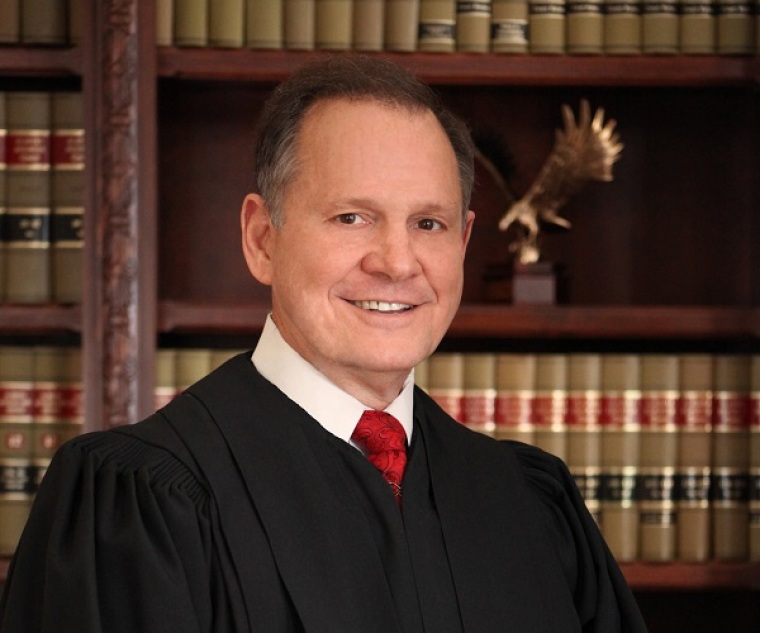Bama's LGBT couples still denied marriage, maybe

MONTGOMERY Ala. (Christian Examiner) - Despite a ruling by a federal appeals court Tuesday, Feb. 3, requiring Alabama judges to recognize same-sex marriages beginning February 9, the state's battle over the constitutional issue continues as the state's top judicial official has told judges they do not have to issue marriage licenses to same-sex couples.
U.S. District Judge Callie V.S. Granade ruled Friday, Jan. 23, that Alabama's gay marriage ban was unconstitutional, but allowed a 14-day stay which created opportunity for State Attorney General Luther Strange to appeal Granade's ruling with the Atlanta-based 11th U.S. Circuit Court of Appeals.
This judicial body denied Strange's request to uphold Alabama's constitutional ban on same-sex marriage until the U.S. Supreme Court rules in June on whether states can ban same-sex marriage.
"I am disappointed in the 11th U.S. Circuit Court's decision not to stay the federal district court's ruling. The confusion that has been created by the District Court's ruling could linger for months until the U.S. Supreme Court resolves this issue once and for all," Strange said in a written statement dated Feb. 3.
But within hours of the ruling, Roy Moore, state supreme court chief justice, issued a memo to probate judges that recognizing the unions would "be acting in violation of their oaths to uphold the Alabama Constitution if they issued marriage licenses prohibited under Alabama law," NBC News reported.
"I hope this memorandum will assist weary, beleaguered, and perplexed probate judges to unravel the meaning of the actions of the federal district court in Mobile, namely that the rulings in the marriage cases do not require you to issue marriage licenses that are illegal under Alabama law," Moore wrote.
Whether or not Alabama's judges heed Moore's words will be seen this Monday when the 14-day stay expires.
Same-sex marriage is legal now in 36 states plus the nation's capital, largely because of judicial activism:
-- Twenty-five, not counting Alabama, have had voter-approved amendments overturned by courts.
-- Fourteen, including Alabama, still only allow marriage between one man and one woman. But among these, Alabama and seven others (Arkansas, Kentucky, Michigan, Misssissippi, Missouri, South Dakota and Texas) have had a judge overturn the ballot measures and appeals are in progress.
-- Eight state legislatures passed laws making same-sex marriages legal (Delaware, Hawaii, Illinois, Minnesota, New Hampshire, New York, Rhode Island and Vermont).
-- Voters in Maine, Maryland and Washington approved measures to legalize gay unions, as did the electorate in the District of Columbia.
Court partisanship has been evident in the multiple federal court rulings that overturned voter approved amendments to define marriage in traditional terms, as well as in the Sixth Circuit decision to uphold traditional marriage in Tennessee, Kentucky, Michigan and Ohio.
This trend of dramatic judicial support for homosexual marriage coincides with changes President Obama has been able to effect in the makeup of the courts.
The New York Times reported Sept. 13, 2014, that for the first time in a decade "judges appointed by Democratic presidents considerably outnumber judges appointed by Republican presidents" and that Democratic appointees who hear full cases "now hold a majority of seats on nine of the 13 United States Courts of Appeals."